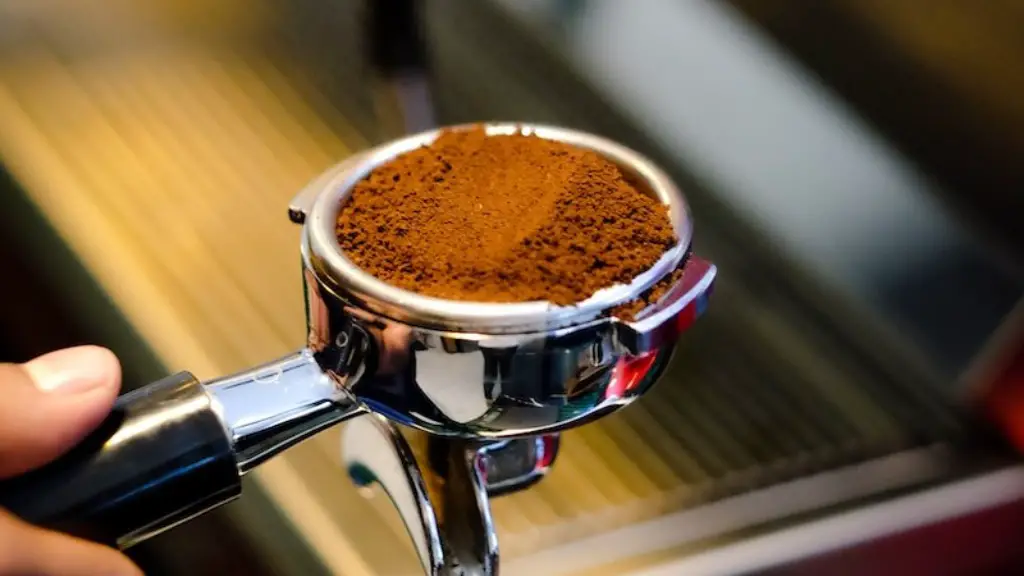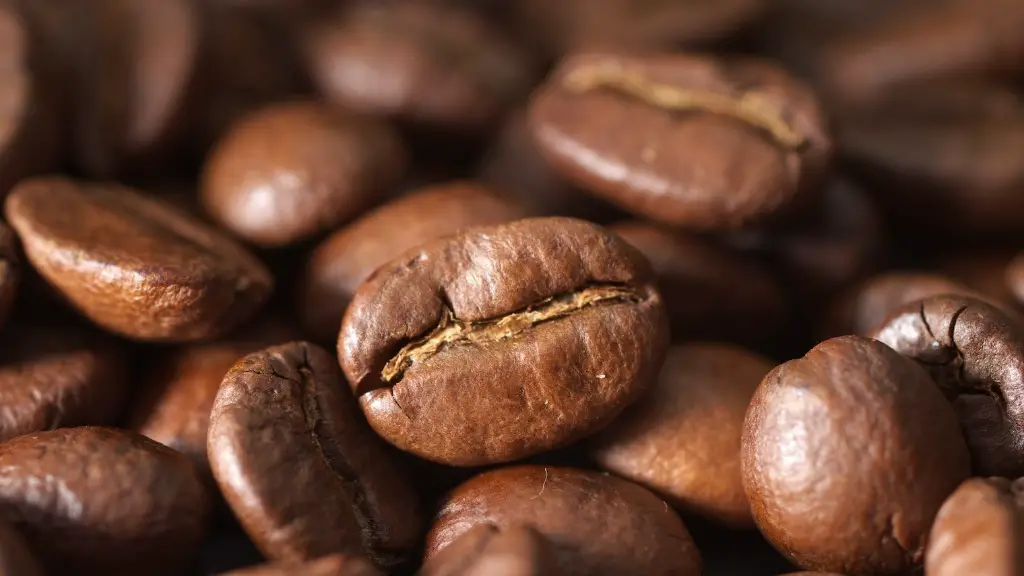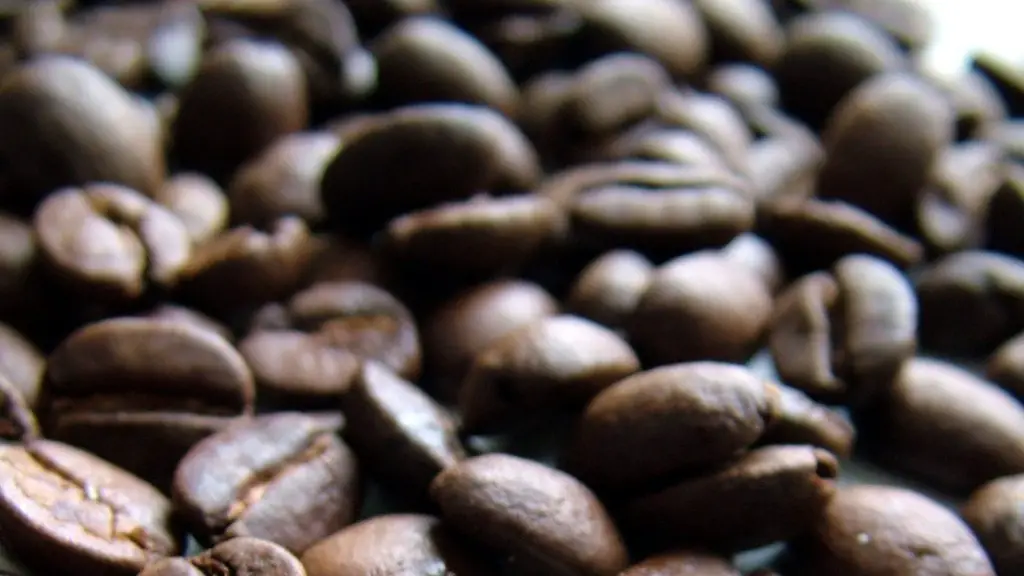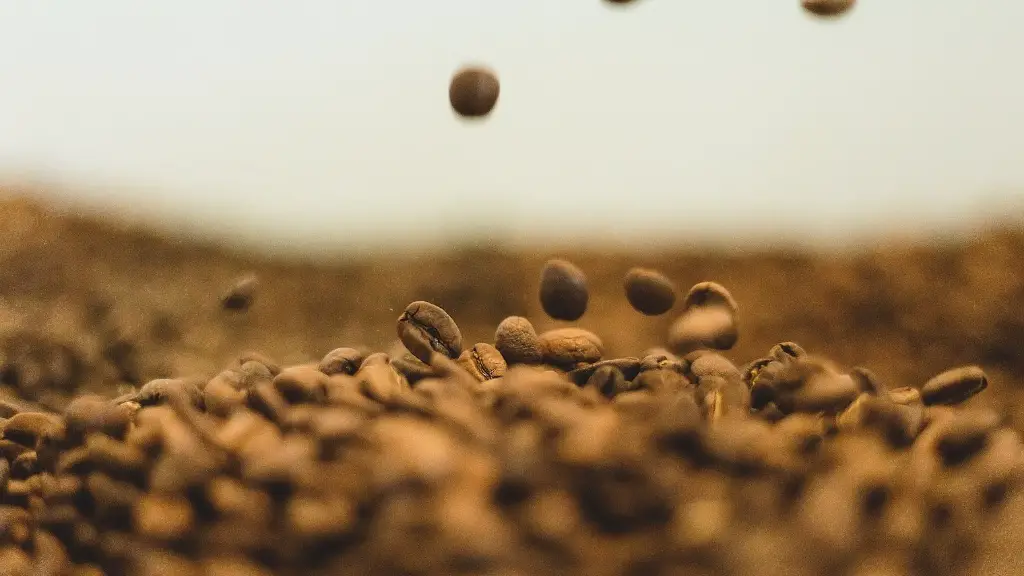Many people enjoy coffee, but not everyone can tolerate the caffeine. For these people, decaf coffee is a great alternative. Decaf coffee beans are made using a process of water extraction and chemical solvents.
The coffee beans are first soaked in water to extract the caffeine. Then, they are soaked in a chemical solvent like methylene chloride or ethyl acetate. This process removes the caffeine from the beans. Finally, the coffee beans are dried and roasted.
Decaf coffee beans are made by a process of decaffeination. This process removes the caffeine from the coffee beans while keeping the flavor and aroma of the coffee. There are a few different methods of decaffeination, but the most common method is called the Swiss water method. This method uses water to extract the caffeine from the coffee beans.
How is decaf coffee without chemicals?
The Swiss Water process is a chemical-free way to decaffeinate coffee. The process uses only coffee, water, time, and temperature to remove the caffeine from the coffee beans. This results in a 100% chemical-free cup of coffee.
Decaf coffee has a number of potential side effects that should be considered before consuming it in large quantities. These side effects include heart complications, aggravation of rheumatoid arthritis, interference with iron absorption, and headaches and drowsiness. While decaf coffee may offer some health benefits, it is important to be aware of these potential risks before consuming it.
Are decaf coffee beans good for you
Decaf coffee is a great way to enjoy the benefits of coffee without the side effects of caffeine. Decaf coffee is rich in antioxidants, which help to neutralize free radicals and prevent diseases such as type 2 diabetes, heart disease, and cancer. Decaf coffee also contains magnesium, which helps to protect against diabetes.
Coffee is a healthy beverage that provides many benefits. These benefits include improved mental health, increased metabolic rate, enhanced athletic performance, and a lower risk of liver damage.
Does all decaf coffee have Formaldehyde?
Coffee decaffeination is a process in which caffeine is removed from coffee beans. There are several methods that can be used to decaffeinate coffee, but the most common methods are solvent-based and water-based.
Solvent-based methods use a solvent to extract the caffeine from the coffee beans. The most common solvents used are methylene chloride and ethyl acetate. These methods are effective, but they can leave traces of the solvent in the coffee.
Water-based methods use water to extract the caffeine from the coffee beans. The most common method is called the Swiss Water Process. This method uses water to extract the caffeine, and then the coffee is dried to remove the water. This method is effective and does not leave any traces of chemicals in the coffee.
The Swiss Water Process is the best method to remove caffeine from coffee beans because it is a completely natural process that uses only water to remove the caffeine. This method is very effective and removes 999% of the caffeine from the coffee beans.
Is it OK to drink decaf coffee everyday?
Decaf coffee is safe to consume and can actually be part of a healthy diet. However, some people may wonder if the decaffeination process is safe. The answer is yes – the decaffeination process is safe. So there is no need to worry about consuming decaf coffee.
This is an important finding, as it suggests that there may be some benefits to consuming decaffeinated coffee, even in small amounts. However, more research is needed to better understand the exact mechanisms at play here.
Is decaf coffee OK for your heart
Some good news for coffee drinkers! A new study has found that drinking two to three cups of coffee daily is associated with lower risk of heart disease and early death. The study, which was published in the European Journal of Preventive Cardiology, looked at adults aged 40 to 69 and found that coffee drinkers had a lower risk of heart disease and early death than those who didn’t drink coffee. So if you’re a coffee lover, you can rest assured that you’re doing your heart a favor by indulging in your favorite beverage.
Negative reactions to caffeine can include anxiety, jitteriness, and headaches. If you’re having these reactions, talk to your doctor. They may recommend switching to decaf coffee. Even if you don’t need to give up caffeine completely, decaf coffee is a good option in the afternoon and evening.
What chemicals are in decaf coffee?
There are a few different methods of decaffeinating coffee beans, but the most common ones involve using chemical solvents. Ethyl acetate and methylene chloride are usually the solvents of choice, and the process involves steaming the beans and then repeatedly rinsing them with the solvent to flush away the caffeine. This method is generally effective at removing most of the caffeine, but some trace amounts may still remain.
Coffee in moderation is generally safe for people with chronic kidney disease, although those with kidney stones should avoid or limit coffee due to the oxalate content.
Why do people drink decaf coffee
Decaf coffee is a popular choice for people who want to avoid the effects of caffeine. While caffeine can have some benefits, such as a slight energy and mood boost, it can also cause some negative side effects. People who are sensitive to caffeine can drink decaf coffee without having to worry about these potential problems.
Because caffeine is a stimulant, it will cause you to feel more awake when consumed. Therefore, it is best to avoid caffeine in the evening or before bedtime. Caffeine can stay in your system for up to 6 hours, so it is best to consume it earlier in the day.
What coffee is best for heart?
Moderate amounts of black coffee have been shown to lower the risk of heart disease, Alzheimer’s, Parkinson’s, type 2 diabetes, liver disease and prostate cancer. This is likely due to the beneficial effects of coffee on inflammation and antioxidants.
This is good news for those who want to enjoy the benefits of coffee without the caffeine jolt. Decaffeinated coffee is just as effective as regular coffee in terms of reducing inflammation. So if you’re looking to lower your risk of chronic diseases like heart disease and cancer, decaf is a great option.
Is Costco decaf coffee water processed
Total net weight: 44 lbs Swiss Water Process Decaffeinated Decaffeinated Dark Roast Coffee. This coffee has undergone the Swiss Water Process, which means that the beans have been decaffeinated using only water. The coffee has a dark roast, which gives it a rich and full-bodied flavor.
Although this coffee contains only 3% caffeine, it is important to note that it still contains 24mg of caffeine. Decaffeinated drinks are typically treated with chemical solvents like ethyl acetate or methylene chloride, so please be aware of this if you are sensitive to these chemicals.
Conclusion
Decaf coffee is made by removing the caffeine from coffee beans. This can be done through a variety of methods, but most commonly involves using water or chemicals to extract the caffeine. The coffee beans are then dried and roasted to create decaf coffee.
Decaf coffee beans are made by a process of decaffeination where the caffeine is removed from the beans. This can be done through a variety of methods, but most commonly it is done by treated with water and then with solvents. The coffee beans are then dried and roasted to create the final product.





